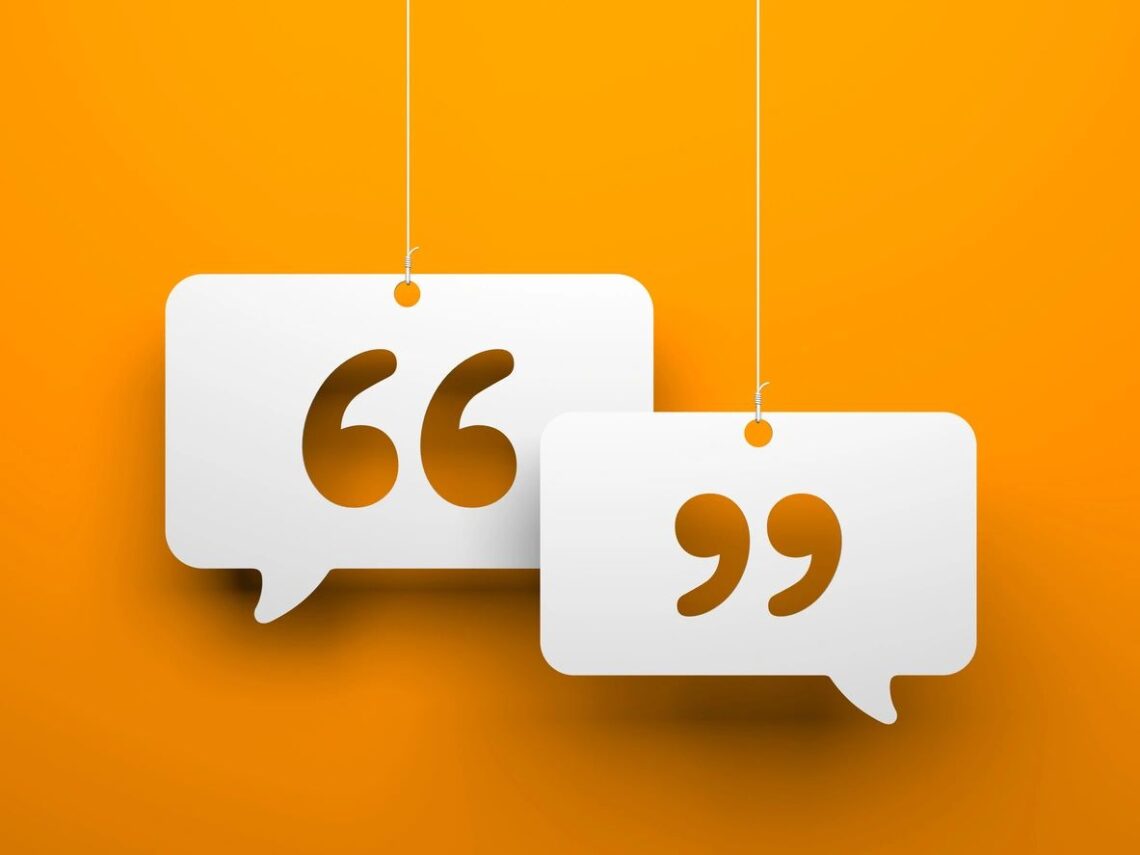
Make working with the media simpler with these easy tips
FTC Disclosure: This site contains affiliate links and advertising. I may receive a small compensation if you click them. This helps support my work. I am not paid by every brand, and I do not recommend brands without first trying their products. For more about affiliate links, visit ftc.gov.
Working with the media doesn’t have to leave a bad impression! As a former journalist and editor, I’ve seen all of these situations firsthand. If you have occasion to work with the media–either as an interviewee, or as part of your promotional strategy–here are some quick tips for keeping basic professionalism in mind.
Don’t approach the media without a story
Has a client of yours developed a new product? Do you have an upcoming show in their region? Are you holding a contest open to local entries? That might be news. Write up a professional news release, or hire someone who can. Include a few pithy quotes from top company honchos, add your contact details, and send it out. Follow up with a phone call or email if you don’t hear back within a few days. You may learn that the reporter didn’t understand the relevance of your story, or you may discover that the publication doesn’t cover your target market.
If you don’t have any real news, and just want some attention for free, sorry, we can’t help you much. Journalists are trained to sniff out your sneaky request for unpaid advertising in seconds, so if you have nothing of substance in your press release, don’t bother. At best, you’ll get a call from the publication’s ad rep. At worst, you can have all your messages rerouted straight to the trash bin.
Plan ahead
Media professionals draw a distinct line between what is considered “news” and what is deemed “advertising” that should be paid. Timing is a major factor when it comes to situations that are worthy of coverage but promotional in nature. When it comes to promoting events, most reporters follow this general guideline: “If it runs before the event, it’s an ad. If we cover it after the event, it’s a story.” Will they break this rule? Yes, often, if it’s for a charitable cause or even just a slow news day, but not for the same source every time. You should have a small ad budget for your events, and be prepared to dip into it now and then. Working with the media effectively requires recognizing the business balancing act in play.
But there are other ways you may be able to get your message out for free or at a discounted rate. If your client is a nonprofit or someone working with a charity, ask whether the publication offers nonprofit advertising rates. Some papers devote whole pages or sections to religious, community and charitable activities, so your chances of getting free coverage are considerably better if your event qualifies. Many papers also devote regular space to a calendar of upcoming community events; this may or may not be paid. And it never hurts to ask about web content.
For major events, it’s best to initiate contact several weeks in advance. This gives journalists time to assemble a compelling story and get it out early enough for readers who may need to travel, find sitters, take time off work and so forth to learn about your event and schedule around it. It’s early enough to get things done, but not so early that everyone will forget about it when the day of your event arrives.
Don’t expect them to drop everything
Remember, you’re talking to perpetually caffeine- and sleep-deprived professionals who have a lot of other work to do. If you want the media to cover your story, you need to keep things on your end as quick and simple as possible.
News media are all about speed. It’s up to you whether to hand-deliver or mail materials, but most journalists today prefer to deal with e-mail submissions. For quickest response time, it’s best to introduce yourself with an e-mail, include your press release and check in after a day or two. Your media release should be strong enough to publish as is, but if it’s a good story idea, reporters will usually call for additional information and write their own versions.
Anticipate follow-up questions
Assuming you’ve submitted a compelling story idea, odds are that the journalist who receives it will prefer to use your media release as background for an article containing additional perspectives and research. Be sure to provide plenty of up to date contact information for yourself or someone else who is qualified and prepared to field additional questions from the media. Include your e-mail address and at least one working phone number. Check your messages frequently and if you miss a call, return it as soon as possible. Depending on their schedules, journalists may literally have only one day or a few hours to worry about reaching you before more pressing work comes along.
Skip the corporate jargon
If there’s one thing every reporter hates, it’s dealing with talking heads who insist on spewing an incomprehensible and insubstantial collection of buzzwords at every given opportunity. Our primary job is to boil down a ton of complex information and make it quickly digestible to a lot of people. The average news reporter is writing for readers at a middle-grade level, and if we don’t understand your comments, our readers sure won’t either. Frankly, we don’t have a lot of time to sift through the word vomit for something that makes sense to the average reader, so it helps if you choose to be as up front in your responses as possible. Hiding behind a veil of important-sounding verbiage will just turn us off.
If it’s a complicated subject, think about how you would explain it to a total outsider. A foreigner. A fifth-grade class. Your grandma. Then give us that explanation, not whatever mumbo-jumbo you’ve plucked from the company brochure.
Don’t offer gifts for stories
If you’re used to dealing with writers who think nothing of accepting free stuff to write promotional articles, it may startle you to learn that most mainstream media professionals frown on this practice. That’s because traditional journalists pride themselves on staying independent and objective, avoiding even the appearance of outside influence. They aren’t out to provide you with free PR. So don’t dangle sporting tickets, expensive meals, exclusive fashion or high-end gadgetry in exchange for favorable publicity. It’s considered akin to bribery in the news business and can get reporters in trouble.
After a story comes out, it’s all right to express your appreciation for a journalist’s time and professionalism, within reason. Be certain your gesture is not, and is not likely to be perceived as, a quid pro quo arrangement dependent on the outcome of coverage. Thank you notes, follow-up calls or e-mails, and letters to the editor are best.
Become a ‘go -to’ source for the media
The biggest trick to making the most of your media interaction is getting those repeat reporter calls for future stories. Leverage your expertise and make it clear that you and your clients welcome journalist questions for any stories related to your field, not just your own news. Reporters are always on the hunt for experts they can call to discuss business topics, pending legislation or anything else on their beats. Be that expert, and they’ll start coming to you.
You May Also Like

Writer anxiety is common; try our 12 best coping tips
March 1, 2022
The candy is going to fall: How to handle problems at work
February 10, 2021
